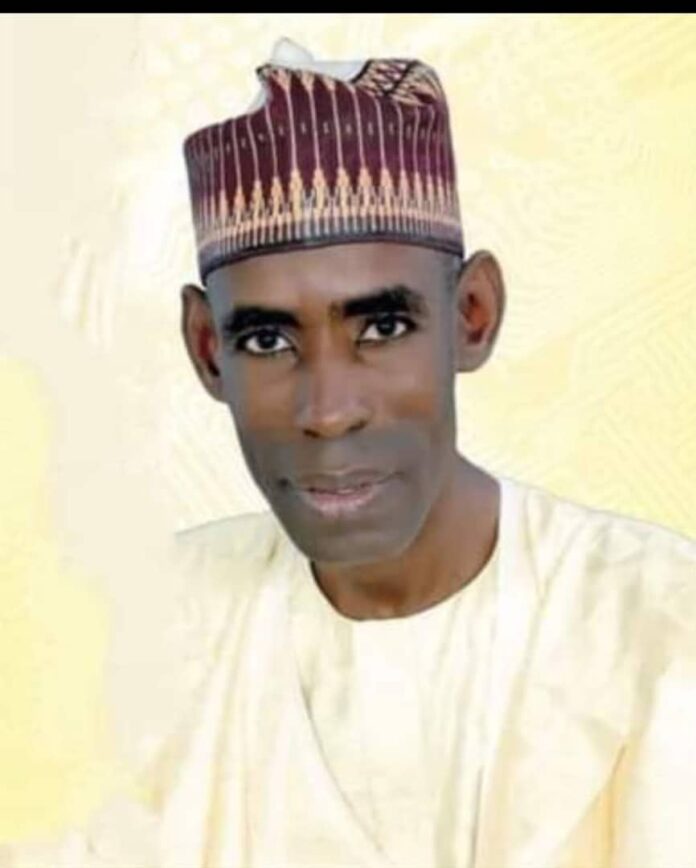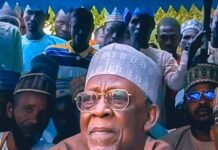A dialectical-materialist perspective on the minorities question in Nigeria and national development – A rejoinder, by
Engr. Bello Gwarzo Abdullahi, FNSE
Ambassador Usman Sarki’s treatise on “A Dialectical-Materialist Perspective on the Minorities Question in Nigeria and National Development”presents a timely and important analysis. Drawing from the foundational works of Karl Marx and Friedrich Engels, the framework of dialectical materialism asserts that societal structures and historical progress are fundamentally shaped by conflicts between different social classes and economic forces. This perspective encompasses key tenets such as Materialism, Dialectics, and Class Struggle, which serve as essential pillars in Marxist theory and historical interpretation.
In the context of nations, the definition goes beyond mere geographical boundaries to encompass shared identities, cultural heritages, traditions, customs, and languages. Nigeria is a country characterized by a rich tapestry of diverse ethnic groups and tribes, each contributing to the collective narrative and cultural mosaic. Ambassador Sarki delves into the intricate dynamics of nation-building, emphasizing the importance of unity, uniformity, procreation, and cultural evolution in fostering a cohesive national identity.
Highlighting the distinction between states and nations, Sarki underscores the enduring nature of nations rooted in shared histories and cultural legacies. While states may dissolve, nations persist through the collective bonds of common experiences and values. This distinction becomes particularly relevant in the Nigerian context, where various ethnic groups coexist within the broader framework of a nation, necessitating economic ties to promote unity and cooperation.
The complexities surrounding minority issues in Nigeria are multifaceted, encompassing political power struggles, identity crises, and resource allocation challenges. Sarki advocates for a rational and scientific approach to address these issues, emphasizing the importance of economic interdependence, historical contexts, and equitable participation in national development. By acknowledging the economic contributions of all ethnic groups and ensuring equal opportunities for engagement, Nigeria can strive towards a more inclusive and prosperous future.
The concept of a nation in Nigeria should transcends tribal affiliations to embrace a shared history, cultural diversity, and economic interdependence. By adopting a dialectical-materialist perspective, the country can navigate the complexities of minority rights, governance challenges, and social dilemmas with a focus on long-term strategies and equitable resource distribution.
As Nigeria evolves in its nation-building journey, embracing diversity and promoting unity will be critical to its success in the global landscape.
bgabdullahi@gmail.com
Follow the Neptune Prime channel on WhatsApp:
Do you have breaking news, interview request, opinion, suggestion, or want your event covered? Email us at neptuneprime2233@gmail.com





